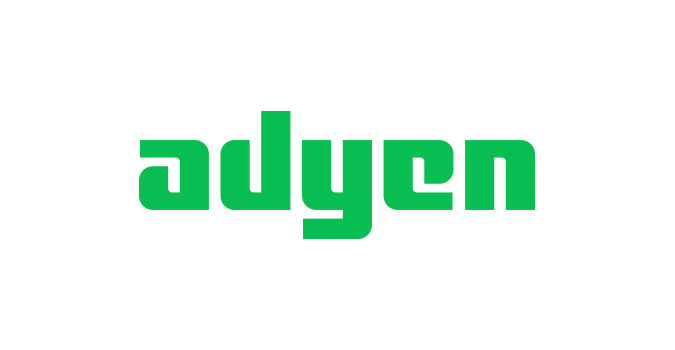Adyen, a leading financial technology platform for businesses, has recently announced an exciting partnership with BILL, a prominent financial operations platform specializing in small and midsize businesses (SMBs). This collaboration aims to bring about significant advancements in financial solutions tailored for SMBs, marking a pivotal moment in the industry.
The focus of this partnership is to deliver advanced acquiring and issuing experiences for BILL’s accounts payable (AP) and accounts receivable (AR) solutions. Initially centered on Adyen’s card-acquiring services, the collaboration has expanded to include card-issuing capabilities, aligning seamlessly with Adyen’s evolving platform.
Officials from Adyen emphasized the organic growth of this partnership, highlighting the company’s commitment to expanding in tandem with its customers. By extending into card issuing, Adyen aims to complement BILL’s dedication to supporting SMBs in enhancing their operations.
This integration of Adyen’s card issuing services into BILL’s financial product suite is poised to contribute to innovation and seamless payment experiences, ultimately facilitating easy and secure payments for SMBs. Officials from BILL expressed satisfaction in collaborating with Adyen to meet the evolving card product and service requirements of their customers, highlighting the importance of facilitating straightforward payments for SMBs in today’s dynamic business landscape.
Overall, this partnership between Adyen and BILL represents a significant step forward in providing tailored financial solutions that address the unique needs of SMBs, empowering them to thrive in a competitive market environment.
Adyen (AMS: ADYEN) stands out as the go-to financial technology platform for renowned companies worldwide. With its comprehensive suite of services encompassing end-to-end payments capabilities, data-driven insights, and a wide array of financial products, Adyen empowers businesses to realize their goals with unprecedented speed and efficiency. Collaborating with industry giants such as Meta, Uber, H&M, eBay, and Microsoft, Adyen operates globally with offices strategically located across the globe. This partnership with BILL, as outlined in the recent merchant update, underscores Adyen’s steadfast growth trajectory and its ongoing commitment to serving both existing and new merchants.
BILL (NYSE: BILL) emerges as a frontrunner in the realm of financial operations platforms dedicated to small and midsize businesses (SMBs). As a staunch advocate for SMBs, BILL is at the forefront of automating the future of finance, enabling businesses to thrive in today’s dynamic landscape. Offering an integrated platform that facilitates streamlined management of payables, receivables, and spend and expense management, BILL empowers hundreds of thousands of businesses worldwide. Leveraging its proprietary member network comprising millions of users, BILL ensures seamless payment transactions, providing businesses with the agility and efficiency needed to succeed. Headquartered in San Jose, California, BILL enjoys trusted partnerships with leading U.S. financial institutions, accounting firms, and accounting software providers, solidifying its position as a reliable ally for SMBs on their journey to financial success. For further insights, visit bill.com.




